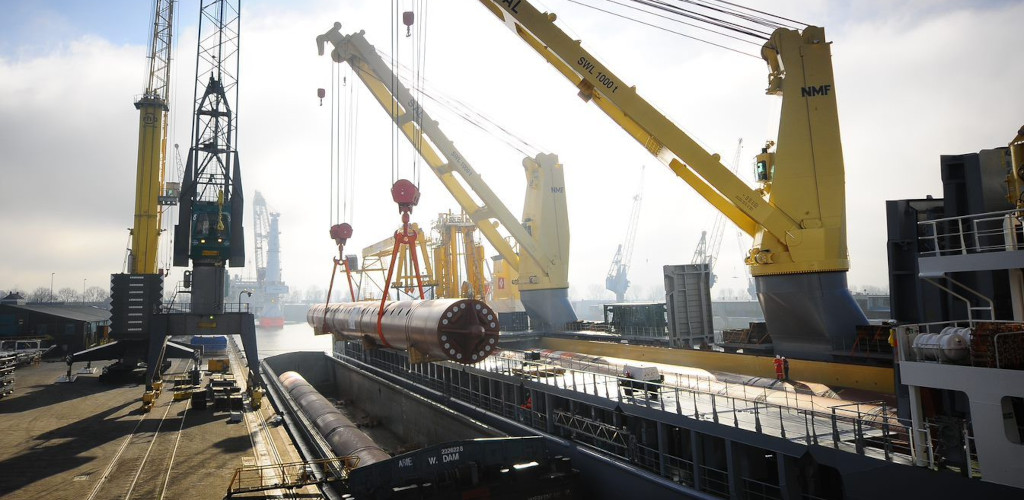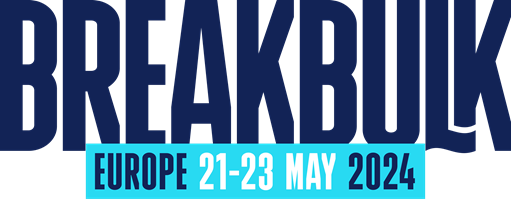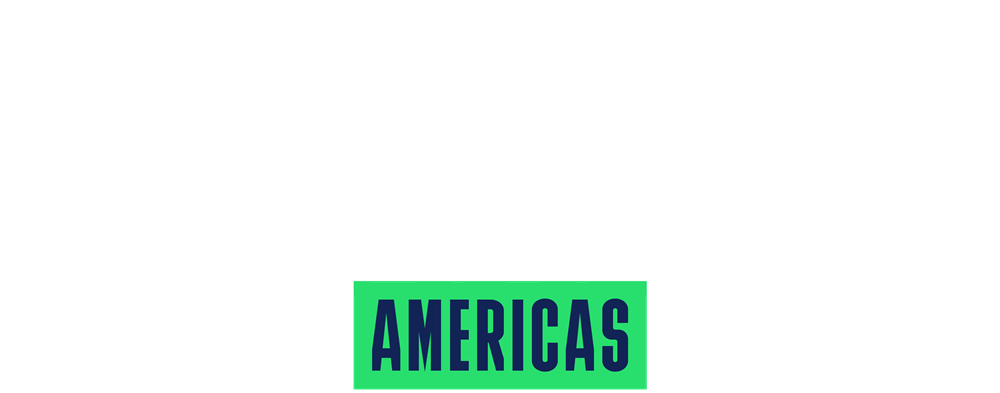Port’s ‘Global Scenarios’ Tool Provides Valuable Insight Into Future Volumes

By Simon West
The Port of Rotterdam Authority has developed four detailed, global scenarios for the years leading up to 2050 to give direction to its strategic decision-making and investments. A new white paper takes a closer look at these different scenarios to see what insights they provide into the possible future of breakbulk at the port.
We caught up with Twan Romeijn, the port’s business manager for breakbulk and offshore, for a quick Q&A to find out more about the scenarios and their potential impact on breakbulk volumes. Click on the link beneath to download your copy of the white paper.
Q: Why did the port of Rotterdam develop the four scenarios?
TR: The scenarios were developed to understand how changes in geopolitics, economics, society, and technology would impact the port-industrial complex and the size and composition of the port’s throughput. For example, will there be a global focus on ambitious climate action or will the energy transition stall? Understanding what the future might look like is important so that the Port of Rotterdam Authority can respond accordingly. What investments are needed to attract new freight flows, business, and clean energy? Where should adjustments be made?
Q: How do the scenarios help you understand the future of breakbulk at the port?
TR: In three of the four scenarios you see a growth in future breakbulk volumes. This is either due to the re-use of raw materials, the increasing demand for renewable energy and thus for instance offshore wind farm developments, and the development of sustainable power plants. This all generates more breakbulk cargo to and from Rotterdam, for instance, project cargo (new factories) or additional steel for the recycling industry or the production of windmill components. Other project cargo you can think of are, for instance, transformers.
Q: Should we be optimistic?
TR: Personally, I think it is always good to be optimistic! But given the outlook and the scenarios I strongly believe the outlook for breakbulk is positive. That is also reflected in our ambition to be the number one breakbulk port in Europe, and we make sure our infrastructure is in order to attract the existing – but also the future flows – of breakbulk cargo to and from Rotterdam!
DOWNLOAD THE WHITE PAPER
The port of Rotterdam is host port for Breakbulk Europe 2024 taking place on 21-23 May at Rotterdam Ahoy. Interested in exhibiting or sponsoring? Speak to us today!





